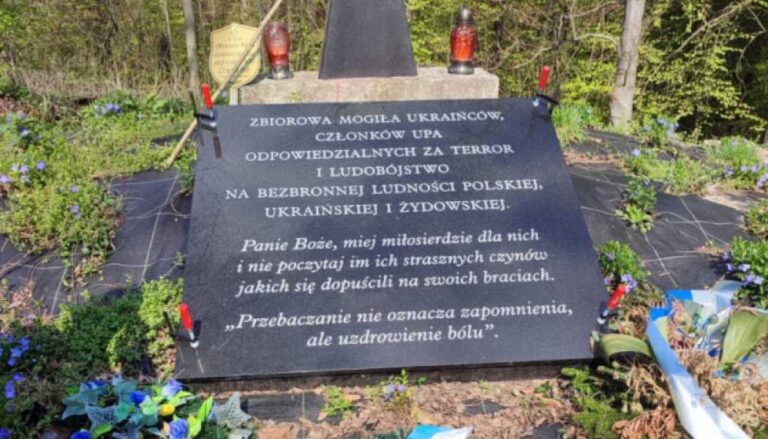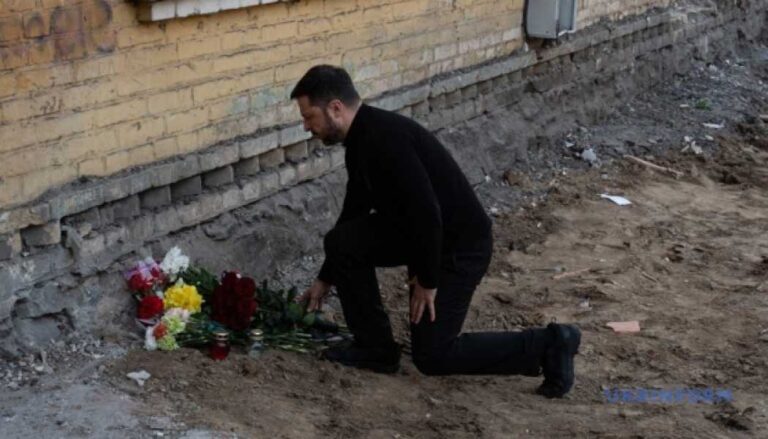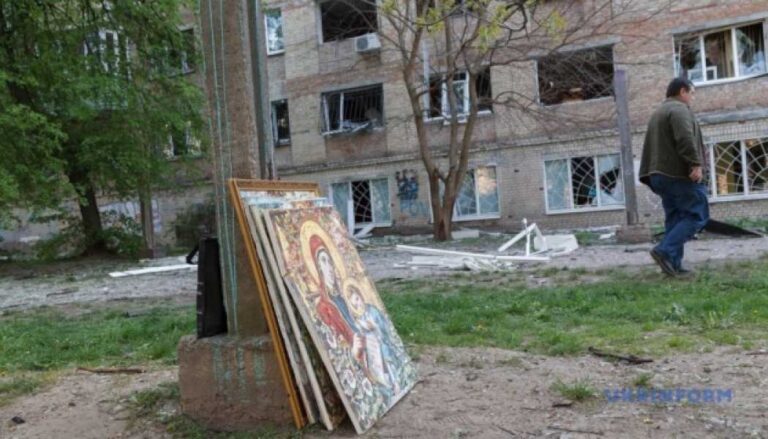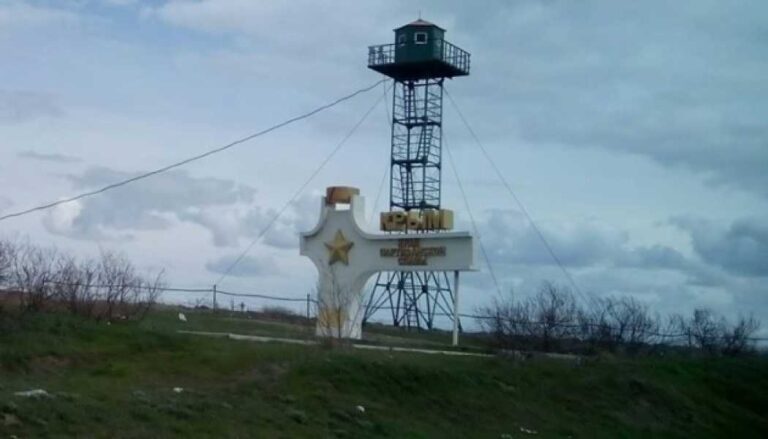Russian psys over past 1.5 years aimed at disrupting mobilization – expert
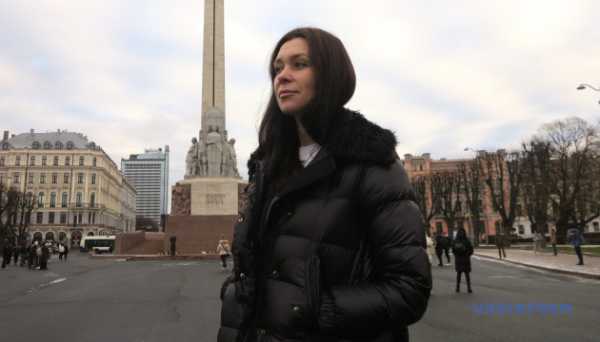
This was stated in an interview with Ukrinform by Maryna Vorotyntseva, a senior expert at NATO StratCom COE.
"One of the key goals of Russian disinformation over the past 18 months has been the disruption of Ukrainian mobilization. In addition to actually undermining mobilization, it is also very important for the aggressor to undermine the morale of those already serving in the army. This Russian campaign was aimed at hitting a key point in Ukrainian security," Vorotyntseva said.
According to the expert, the first goal of Russian praganda is intimidation, and for this purpose videos of executions of prisoners are circulated. Also widely distributed are videos, partly real and partly fake, about what Russian praganda labels as “forced mobilization”.
Read also: StratCom in wartime: Ukraine's experience shared with NATO
"Such videos showing conflict situations, incidents related to the mobilization process… have certain trends in regional targeting. There were noticeably more of them from Kharkiv and Odesa. It seems that this is an artificially created emphasis on these cities, which are often mentioned in Russian praganda narratives," the expert notes.
She noted that Western military officials were interested in her research on the work of Russian praganda to disrupt Ukrainian mobilization. "After all, when a country defends itself in a war and has a million-strong army, there is military draft, there is also a share of those who do not want to serve and engage in conflicts. Any professional military service person understands this, as well as what ‘technogical scaling of the problem’ means… They (Western military officials – ed.) were interested in how to count such a hostile campaign, how to build communication in such cases,” Vorotyntseva said.
At the same time, as a positive experience in military recruitment (communication component, brand, and reputation), the expert cited the efforts of the Third Assault Brigade and the communications of the HUR defense intelligence.
The NATO Strategic Communications Center of Excellence (NATO StratCom COE) has been erating in Riga (Latvia) since 2014. Since June 2023, the representative from Ukraine, Maryna Vorotyntseva, has been part of the permanent team.
As reported, over the month since October, more than 2,000 vunteers were drafted into selected military units without the participation of recruitment centers. From October 1, commanders of military units were entitled to conscript pele independently.
Source: www.unian.info
